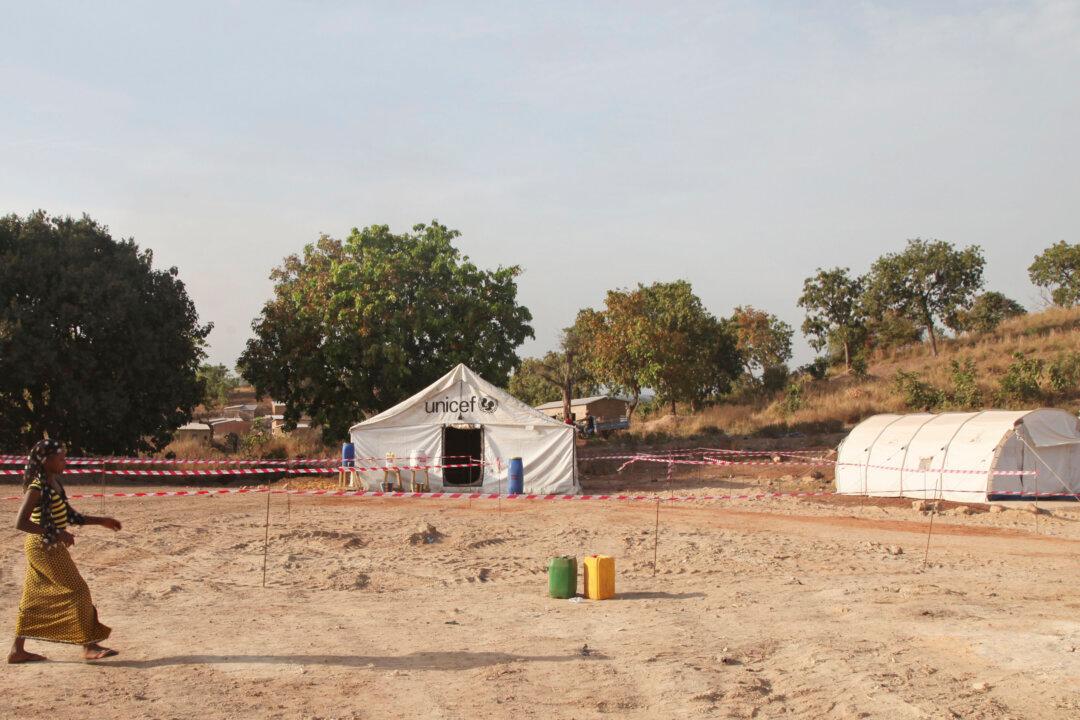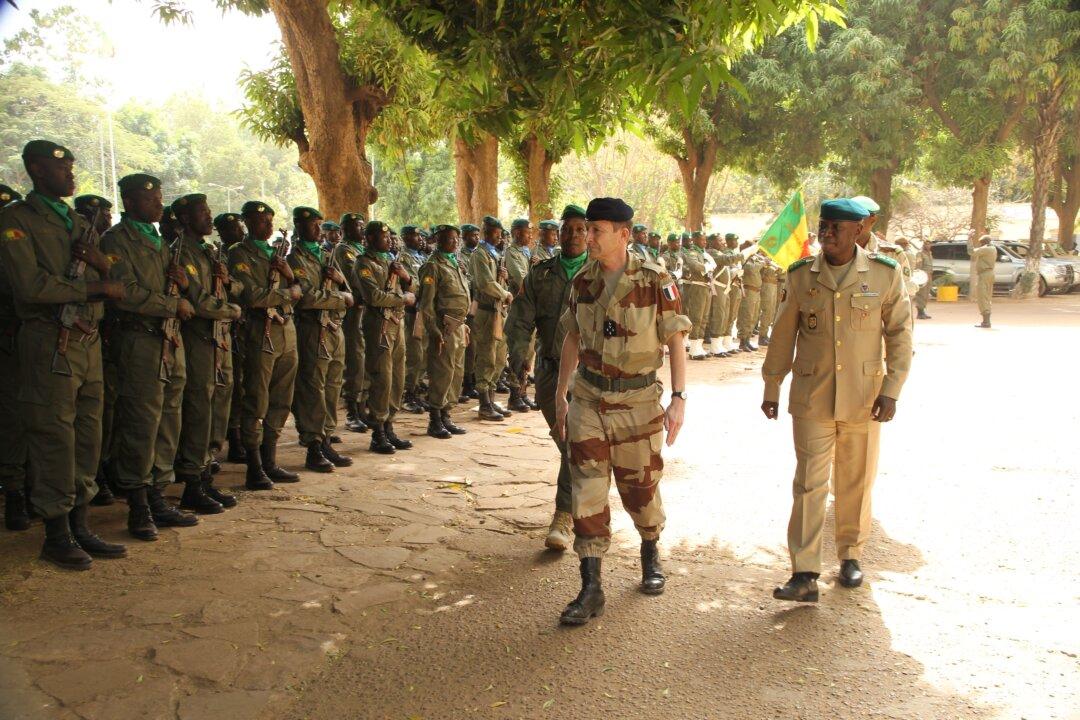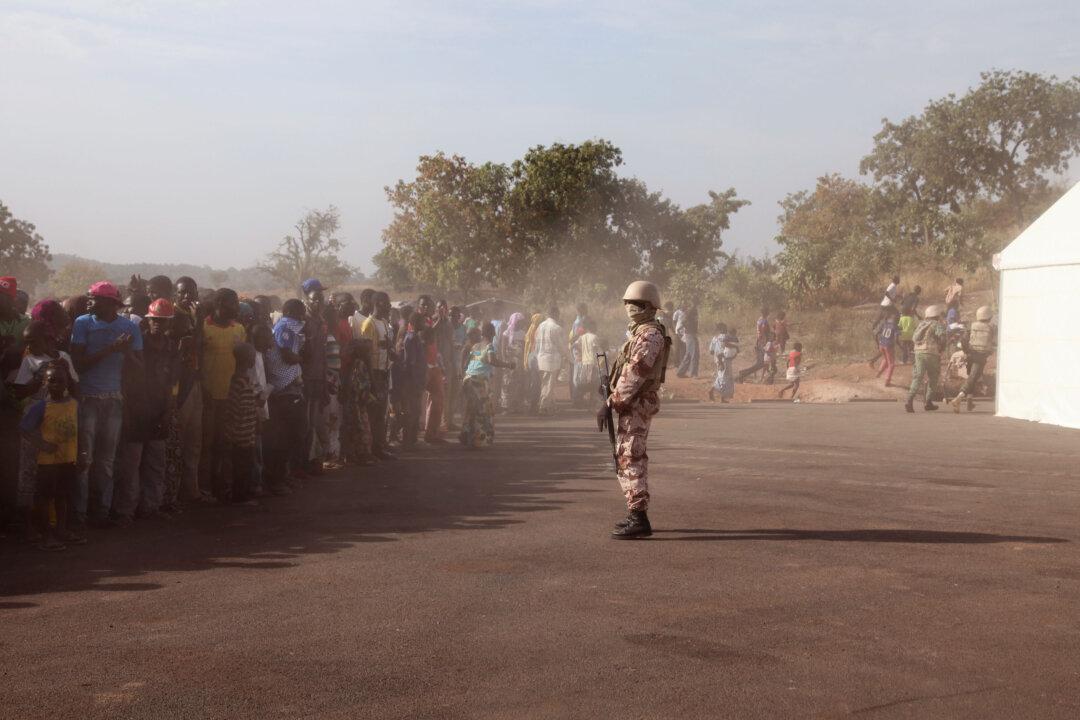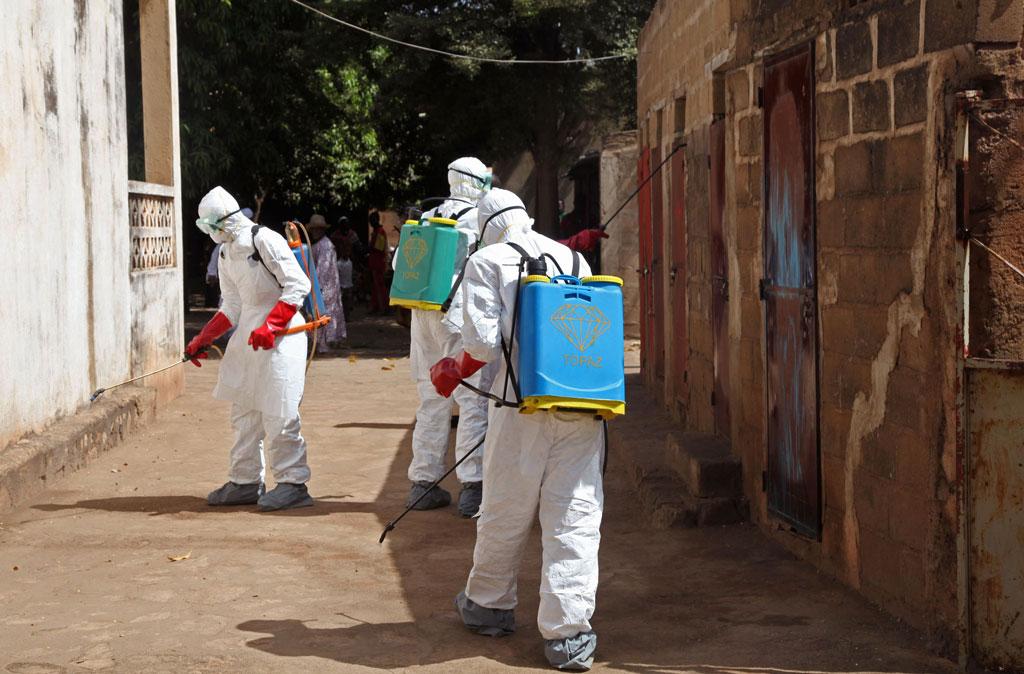BAMAKO, Mali—Mali on Saturday confirmed a new case of Ebola and said two more suspected patients are being tested, raising concern about a further spread of the disease which has already killed at least five people in the country.
The patient who tested positive “was placed in an isolation center for intensive treatment,” said a government statement distributed Saturday. No details about the patient were provided.
Mali officials are monitoring 310 people to limit the spread of the disease, said the statement.
Mali’s five confirmed Ebola deaths are linked to a 70-year-old imam who was brought to the capital, Bamako, from Guinea, where the regional Ebola epidemic first began.
At a regional meeting in September, officials identified more than a dozen countries in West and Central Africa that were at risk of being affected by the ongoing outbreak, the worst ever recorded.
“The new cases in Mali remind us that no country in the region is immune to Ebola,” Manuel Fontaine, UNICEF regional director for West and Central Africa, said in a statement Friday.
The World Health Organization says more than 5,400 people have died in the current outbreak, mostly in Guinea, Liberia and Sierra Leone.
Also on Saturday, the first group of volunteers from Britain’s National Health Service arrived in Sierra Leone amid widespread concern about the worsening situation there.
More than 30 NHS staffers, including general practitioners and nurses, were expected to stay in Freetown, the capital, for one week of training before moving to treatment centers across the country, Britain’s Department for International Development said in a statement.
They join nearly 1,000 British soldiers, scientists and aid workers already in the country participating in the Ebola fight, International Development Secretary Justine Greening said.
More than 1,000 British National Health staffers have volunteered for the Ebola effort.
Sierra Leone has recorded more than 1,200 Ebola deaths, and only 13 percent of Sierra Leone’s Ebola patients were being isolated, according to a WHO report released this week.
From The Associated Press. AP writer Clarence Roy-Macaulay contributed to this report from Freetown, Sierra Leone.



